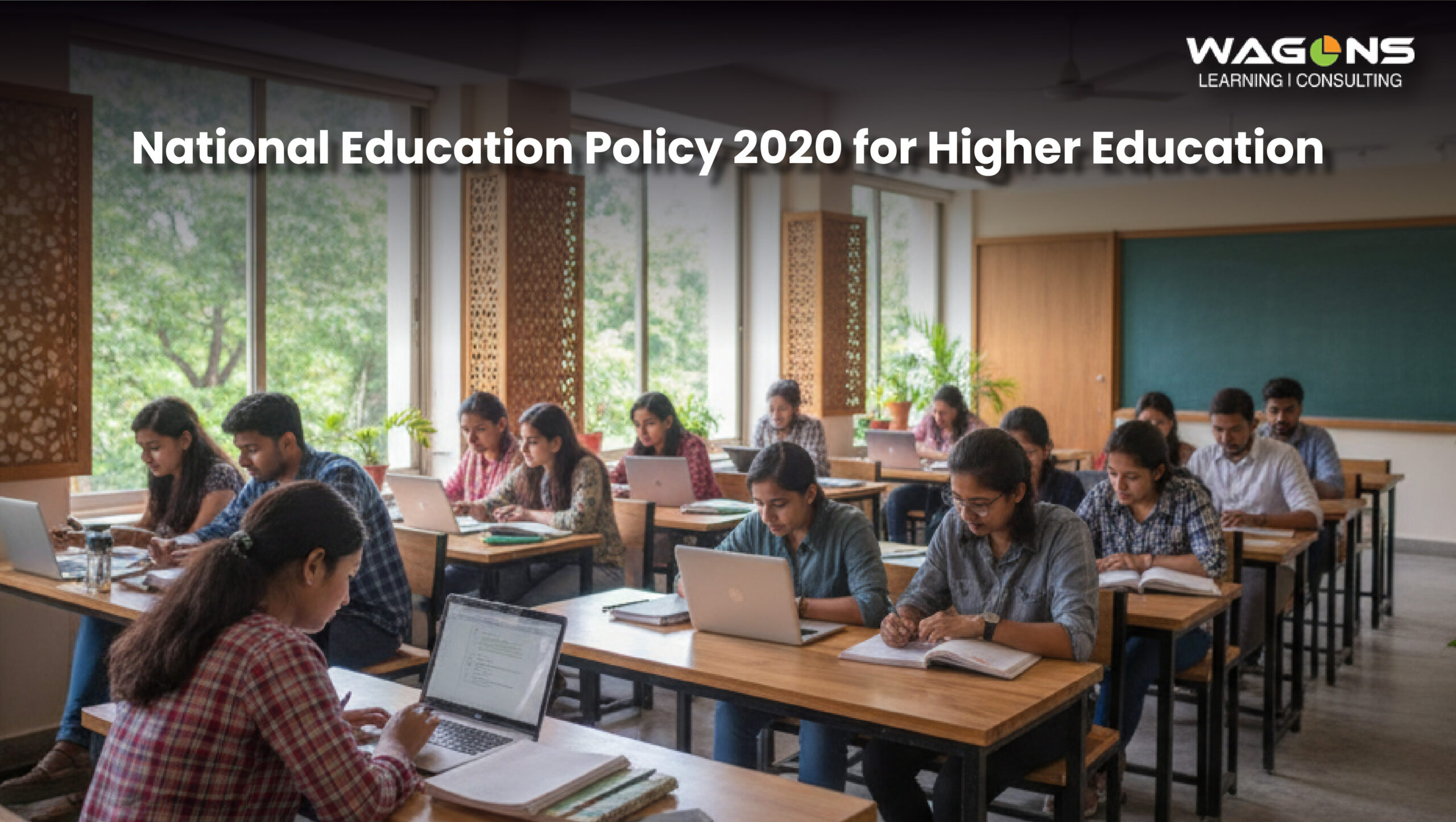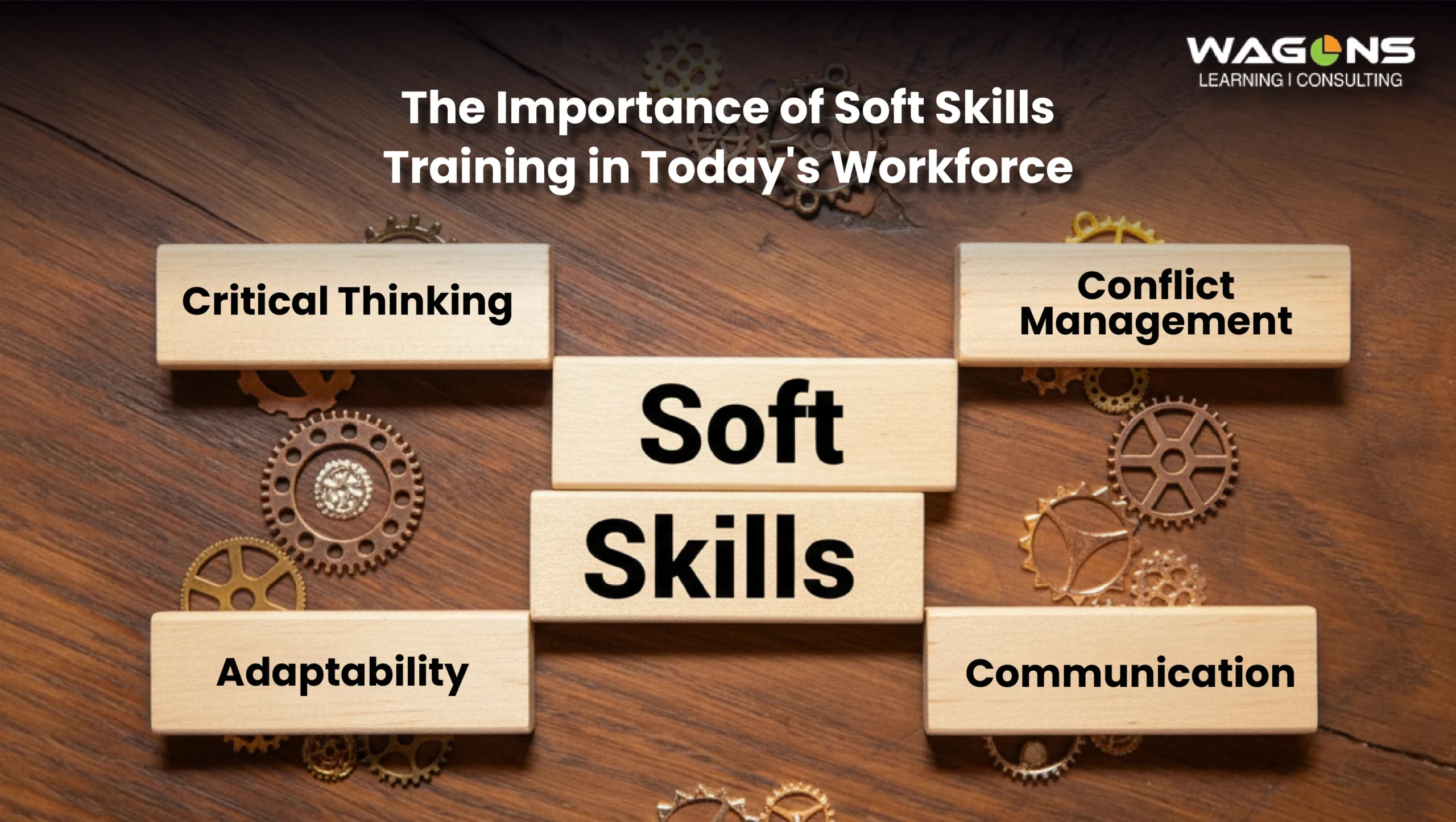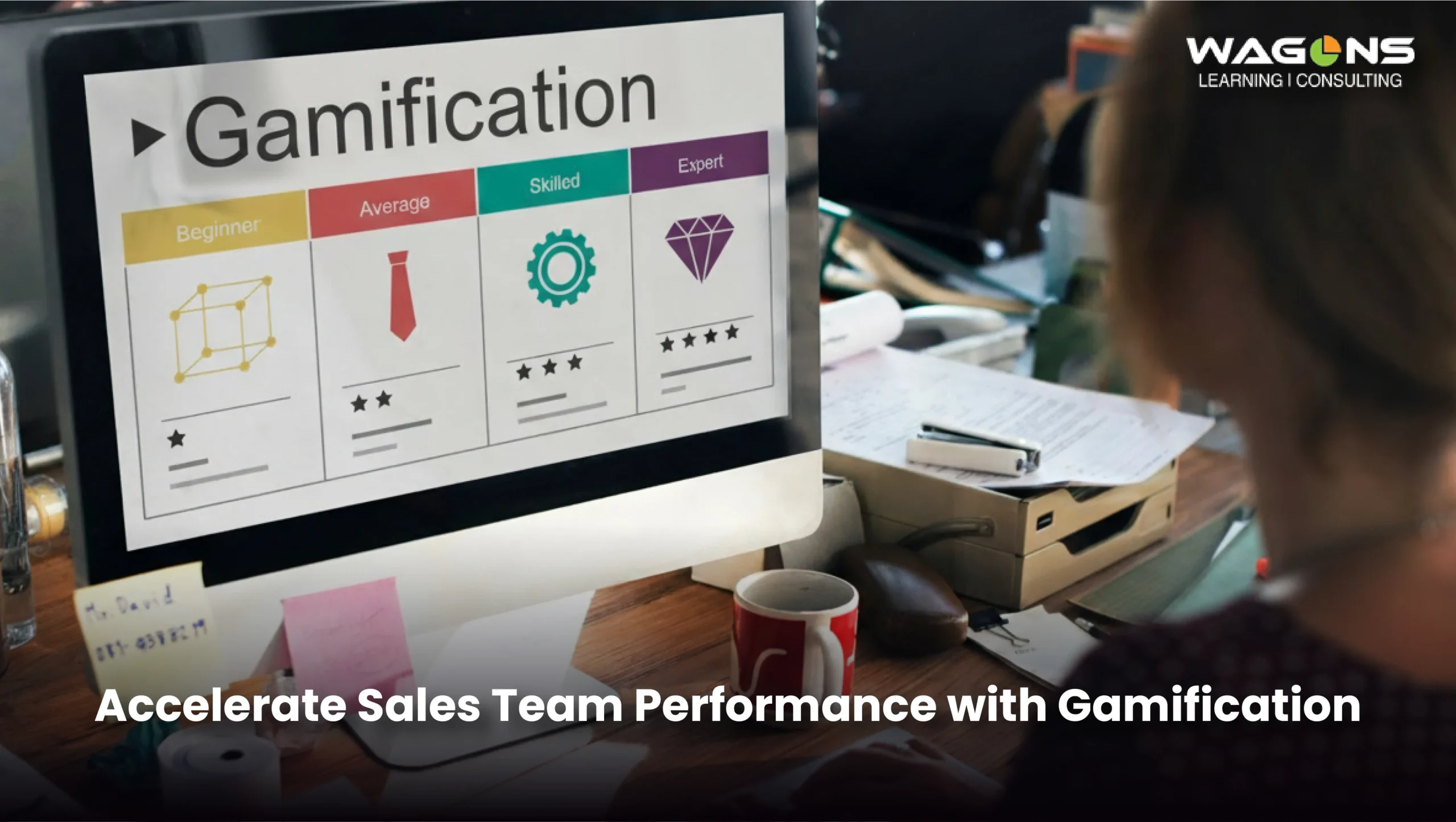India produces over 5 million graduates annually. Yet, a 2023 India Skills Report reveals that only 48.7% are considered employable by industry standards. This gap between education and employment has reached crisis levels.
The National Education Policy 2020 addresses this head-on. It’s not just another policy document. The National Education Policy 2020 is India’s first comprehensive education framework in 34 years, designed to bridge the skill gap in Indian graduates and align learning with Industry 4.0 demands.
This guide explains NEP 2020, identifies the structural problems it tackles, and shows how its focus on NEP 2020 skill development will reshape the NEP 2020 higher education landscape for institutions and students alike.
Why the Indian Higher Education System Needed the NEP 2020
India’s higher education system operated on a model designed in the 1980s. The problems became impossible to ignore:
Rote Learning Over Practical Skills: Universities emphasized memorization for exams. Students scored well on tests but couldn’t apply knowledge to real-world scenarios. A 2019 ASSOCHAM study found that 80% of Indian engineering graduates were unemployable for core technical roles.
The Employability Crisis: Graduates lacked both soft skills training and technical competencies. Employers repeatedly cited poor communication, critical thinking, and problem-solving abilities as deal-breakers during hiring.
Rigid Degree Structures: The Nep education system forced students into narrow, inflexible paths. A science student couldn’t explore economics. An arts major couldn’t learn coding. This produced specialists without breadth, exactly the opposite of what modern jobs demand.
Massive Skill Gap: According to the World Economic Forum’s Future of Jobs Report 2023, 50% of employees will need reskilling by 2025. Yet Indian universities continued teaching outdated curricula with minimal industry input.
The cost? Low graduate employability in India became a national concern, with millions of educated youth unable to find meaningful work.
What is the National Education Policy (NEP 2020)? The Solution for a New Era
The new education policy 2020 is India’s strategic shift from content-based to competency-based learning. Approved in July 2020, it fundamentally changes how higher education operates.
Instead of focusing on what students memorize, NEP 2020 emphasizes what they can do. The framework prioritizes flexibility, multidisciplinary learning, and employability skills alongside academic knowledge.
For the Nep 2020 higher education sector, the goal is clear: produce graduates who are adaptable, skilled, and ready for rapidly evolving job markets. It achieves this through structural reforms that give both students and institutions unprecedented flexibility.
Key Pillars of NEP 2020 for Higher Education Institutions
A Core Focus on Employability: Integrating Vocational Education & Skill Development
NEP 2020 skill development isn’t an add-on; it’s embedded within degree programs. Universities must now integrate vocational education and training NEP 2020-compliant courses directly into B.A., B.Sc., and B.Com. programs.
This means a literature student can learn digital marketing. An economics major can acquire data analytics skills. These aren’t separate certificate courses; they’re credit-bearing components of the degree itself.
The policy mandates that all higher education institutions offer vocational courses by 2025, with a target of 50% student enrollment in vocational training by 2030. This creates job-ready graduates who combine theoretical knowledge with practical expertise.
Flexibility for Students: The Academic Bank of Credits (ABC) & Multiple Entry-Exit System
The Academic Bank of Credits (ABC) functions as a digital repository for credits earned across institutions. Students can accumulate credits from different universities, online platforms, and skill programs, all stored in one central account.
Paired with the multiple entry and exit system (MEES), students gain unprecedented control. They can:
- Exit after one year with a certificate
- Exit after two years with a diploma
- Exit after three years with a degree
- Continue for four years for a research-oriented degree
A student who needs to pause education for financial reasons can return later without losing progress. Their credits remain valid in the ABC for seven years. This reduces dropout rates and makes higher education accessible to working students and non-traditional learners.
Holistic Learning: Blending Soft Skills, Digital Fluency, and Core Subjects
The rigid boundaries between Arts, Science, and Commerce are eliminated. NEP 2020 promotes holistic and multidisciplinary education where students design their own learning paths.
A computer science student can minor in psychology. A business student can study environmental science. This creates T-shaped professionals, deep expertise in one area with broad knowledge across disciplines.
The policy explicitly requires soft skills training in higher education. Institutions must teach:
- Critical thinking and problem-solving
- Communication and collaboration
- Ethical reasoning and emotional intelligence
- Entrepreneurial mindset and innovation
These are no longer “soft” skills they’re essential for employability in the modern workforce.
The Digital Shift: Leveraging AI and the National Educational Technology Forum (NETF)
NEP 2020 and digital learning are inseparable. The policy recognizes that technology isn’t just a delivery mechanism; it’s a transformation tool.
The National Educational Technology Forum (NETF) has been established to guide institutions on the effective use of technology in education. This includes:
- Adaptive learning platforms powered by AI in education
- Virtual laboratories for practical training
- Online proctored assessments
- Learning management systems for hybrid delivery
The policy also emphasizes NEP 2020 and AI in education for personalized learning pathways. AI can identify student weaknesses, recommend resources, and adjust difficulty levels automatically, making education more effective and inclusive.
According to a 2024 AICTE report, institutions that adopted blended learning models saw 23% improvement in student outcomes compared to traditional delivery.
How Can Universities & Colleges Implement the NEP 2020 Skill Mandate?
Implementation presents significant challenges, particularly in two critical areas:
Faculty Development: Most teaching staff were trained in the old system. They need comprehensive retraining in outcome-based education, technology integration, and multidisciplinary pedagogy.
Faculty development programs (FDPs) based on the UGC Four-Quadrant Model are essential. This model combines:
- E-tutorials and video lectures
- E-content and digital resources
- Self-assessment and quizzes
- Web-based discussion forums
A 2023 UGC survey found that only 34% of faculty members feel adequately trained to deliver NEP-compliant courses. Closing this gap is urgent.
Content Libraries: Offering hundreds of skill-based, multidisciplinary courses requires massive content development. Creating high-quality, credit-bearing courses from scratch is time-intensive and expensive.
Institutions need pre-built libraries of courses aligned with the National Credit Framework (NCrF). These must cover technical skills, soft skills, domain knowledge, and vocational training all digitally accessible and pedagogy-proven.
Building this infrastructure independently is unrealistic for most colleges operating on limited budgets.
Finding Your NEP 2020 Partner: What’s Next?
Successful implementation requires institutional partnerships with proven expertise. The Wagons Skill Foundation’s SkillSpark initiative offers a CSR-ready, NEP 2020-aligned program designed specifically for this challenge.
SkillSpark provides institutions with a comprehensive library of tech-enabled, NCrF-compliant courses covering digital skills, industry certifications, and employability training. The program addresses both faculty development and student upskilling through a structured framework that institutions can implement immediately.
Learn more about the SkillSpark initiative
But choosing the right content partner requires understanding which providers offer large-scale, NCrF-approved course libraries. In our next article, we explore the top partners that can help your institution become NEP-ready and deliver on the skill development mandate effectively.



